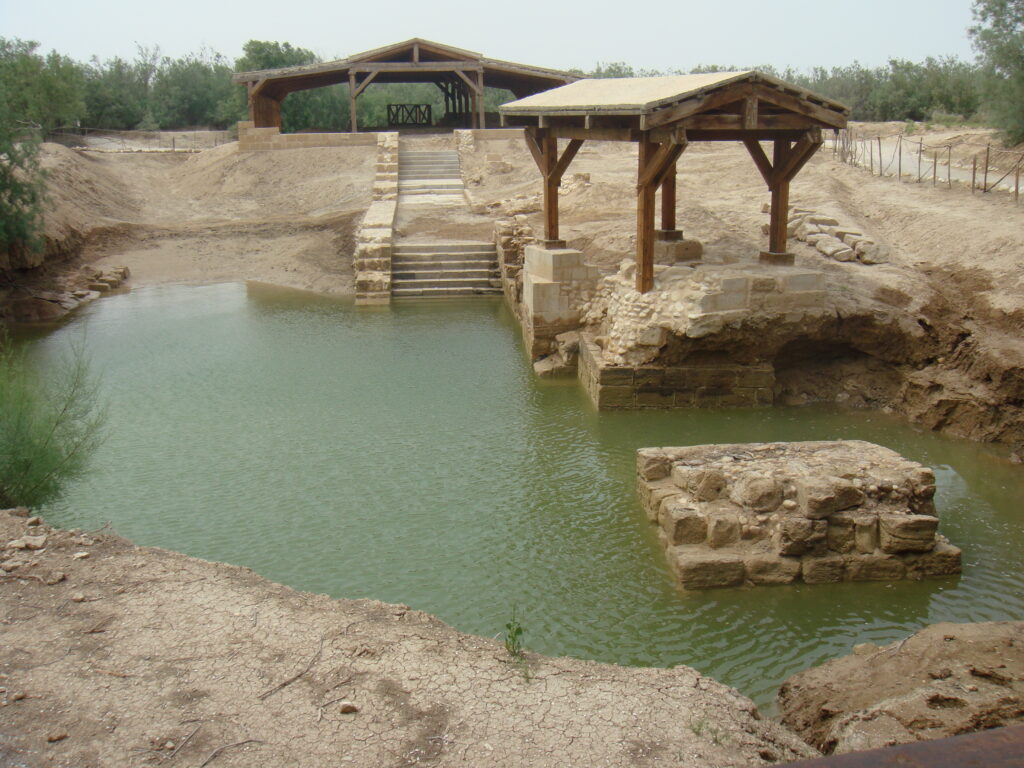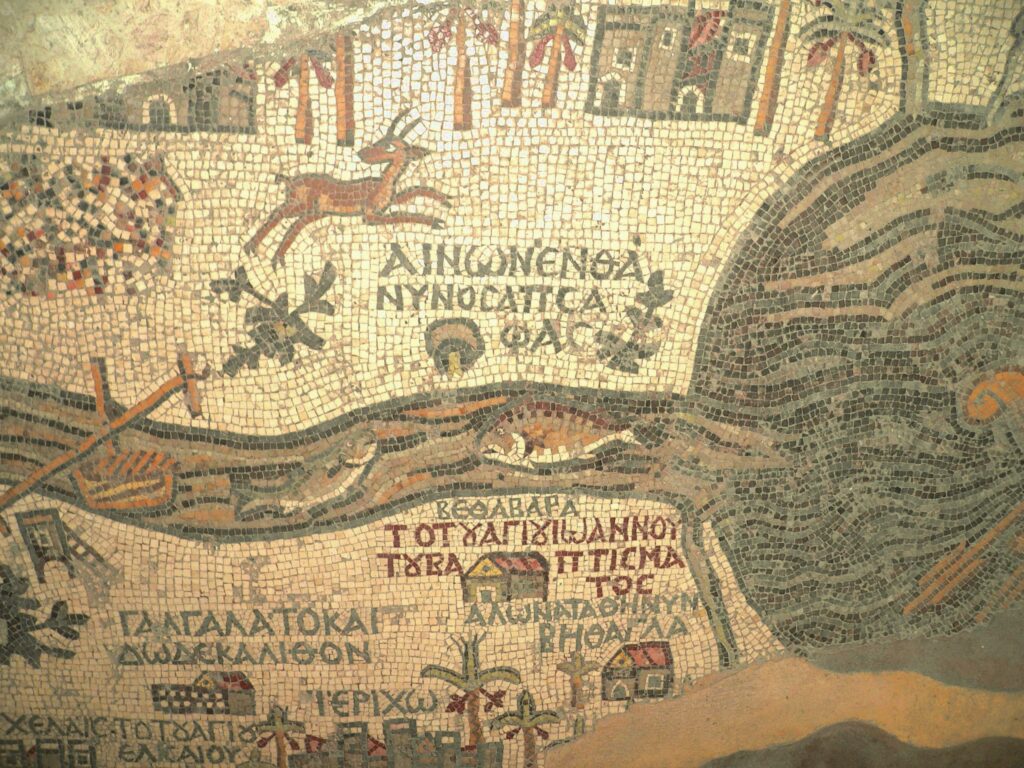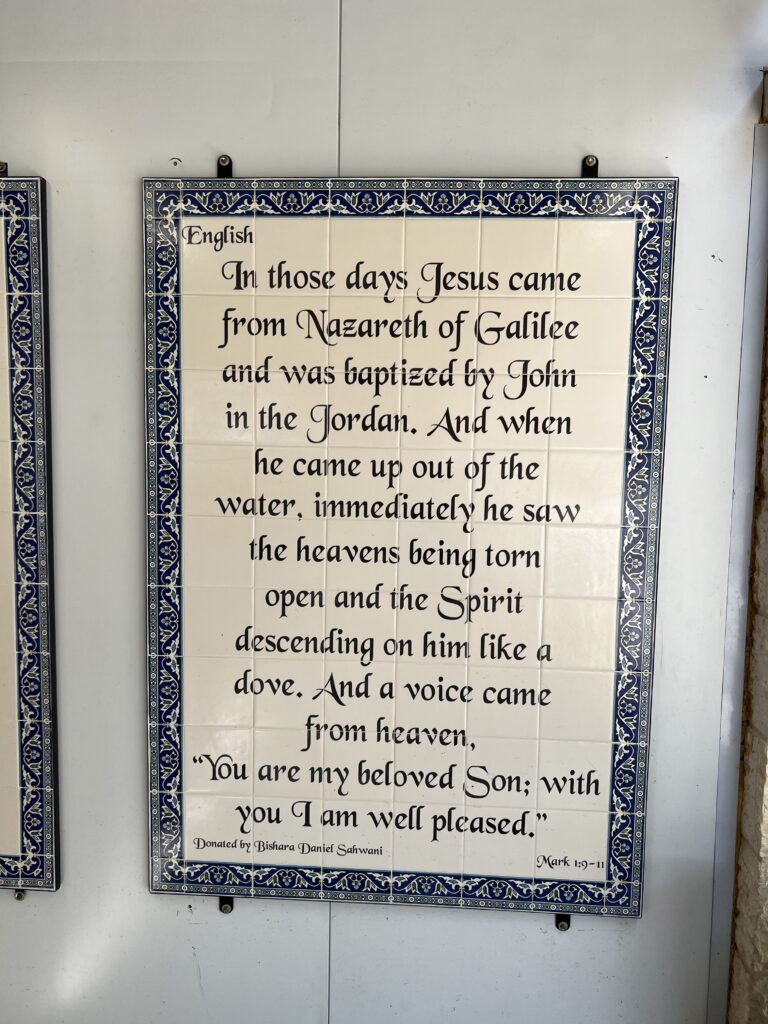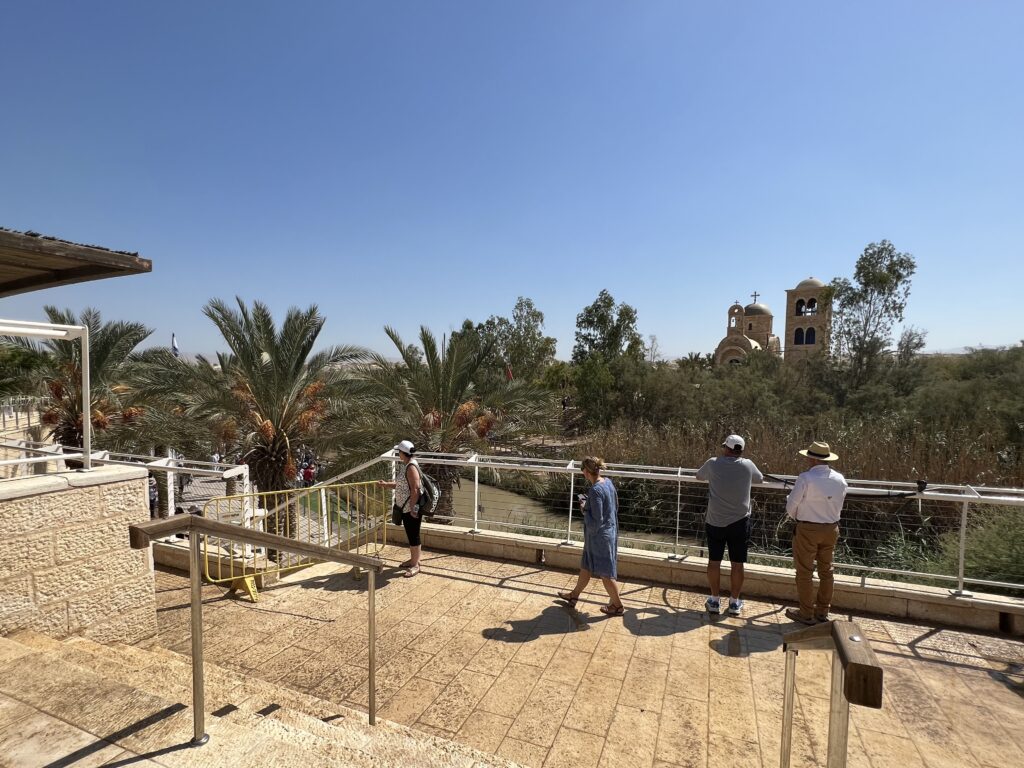Whenever one mentions the country of Jordan, today’s youth immediately think of the majestic Petra, an archeological city famous for its rock-cut architecture and rose-colored sandstone. This was their introduction thanks to the virality of social media. This is doubly reinforced due to the area’s exposure in popular films such as Aladdin, Indiana Jones and The Mummy Returns.

However, for my generation, Jordan is synonymous with the Biblical river where Christ was baptized — the exact location still debated upon. Others may even add that this was the desert land where the Hebrews — now freed from Egypt
— wandered for 40 years before they were led to the Promised Land of Milk and Honey.
It is crucial to reiterate that as the alleged Baptismal place of Christ, it is a must-visit destination. So let’s recount what’s in store.
This was mentioned in the Gospel according to John 1:28, which reads, “This all happened at Bethany on the other side of the Jordan, where John was baptizing.”

Since then, the sacred grounds have become a major pilgrimage site from the birth of Christianity, all the way to the Byzantine period in the 14th century. The area unfortunately fell to neglect and became less and less of a destination for religious journeys.
By the end of the 19th century, a revered scholar from Jerusalem discovered a map which led to the exact location of the Bethany Beyond the Jordan or locally known as Al-Maghtas, which ignited the interest of devotees once again.

This venerated and blessed locale lies on the southern end of the River Jordan, a 40-minute drive from the capital city Amman.
Due to climate change, diminishing water supply, and population growth through the centuries, the site now rests not on the river, but on a hilltop. We were then informed the holy spot has been the cause of several archaeological digs.
Three popes, namely, Pope John Paul II, Pope Benedict XVI and Pope Francis have personally prayed over the consecrated mound. In fact, this has cemented itself as a UNESCO World Heritage Site
— that should explain it all.

Further exploring the environs, other points of interest include the excavations and discovery of hermit caves and religious edifices of Roman and Byzantine chapels.
Our next stop was Elijah’s Hill, which contained three more churches and more and more baptismal pools. This water supply in the form of a circular well served as the source for the christenings.

Finally, the Zor vicinity likewise contained the Church of St. John the Baptist. Don’t miss the Lower Basilica, all embellished with geometric marble floors. We were also amazed at the black marble stairway which led to the Upper Basilica, complete with its very own — you guessed it — baptismal pool.

Although some may think that Jordan is Petra, and Petra is Jordan, Bethany Beyond the Jordan remains a cultural and spiritual site worth a trip for its immense contributions to the different religions of the world.
